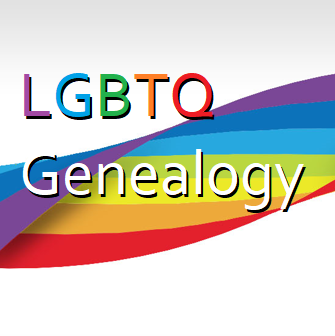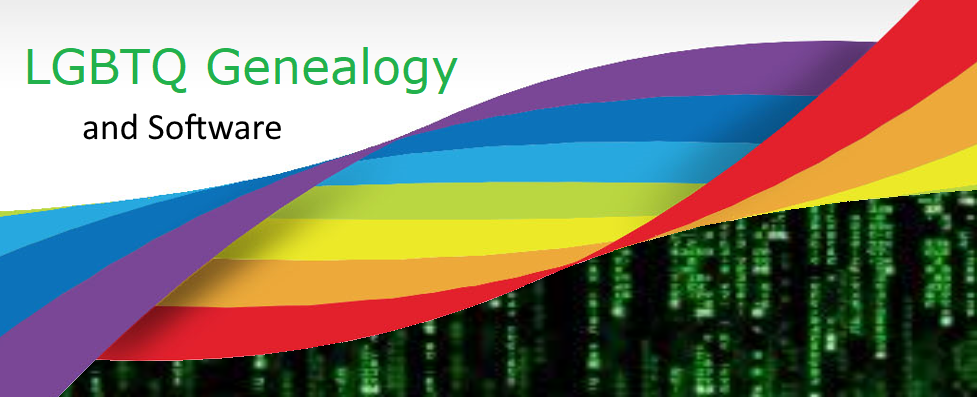Speaking Truth
When chronicling the stories of our ancestors, we aim to present the most authentic account of their lives. However, when it comes to LGBTQ ancestors, some family historians express reservations, hesitant to “out” their ancestors or arguing that their forebears chose to keep this aspect of their lives private — a wish they believe should be respected for generations. This stance seems like a double standard, as genealogists freely explore and write about heterosexual marriages, illegitimate children, adultery, and bigamy, yet may hesitate when it comes to Queer relationships.
Like any other relationship, LGBTQ connections deserve to be documented and preserved in the family record. Our LGBTQ ancestors often kept their lives private not out of shame but as a means of survival. Exposing their lives should be treated no differently than any other ancestor. It is even more crucial to dedicate time to learning all we can because it will help us better understand family history.
When encountering a person or a record that hints at a person’s homosexuality, it becomes especially important to delve deeper and not shy away from further investigation. Crafting truthful narratives involves moving away from the notion that homosexuality tarnishes a person’s character. Disclosing the truths of the past, sharing stories openly without judgment, and acknowledging the struggles they endured will honor our ancestors and will give them a voice they were denied in their time.
In the process of writing a person’s story, I am reminded of the science fiction novel by Orson Scott Card entitled Speaker for the Dead. This novel, one of my top ten favorites, features a protagonist who speaks the truth at a person’s memorial, sharing both the positive and negative aspects of a life withholding nothing, regardless of the potential pain it may cause. Through this honest portrayal of a person’s motivations, emotions, and character, family and friends come to a profound understanding of who the deceased truly was. The act of “Speaking” in the novel begins to heal decades of pain through the exposure and understanding of family secrets.
We want to be “Speakers” for all our ancestors, not just the heterosexual ones.
Elizabeth Shown Mills also addresses the importance of speaking the truth in the first paragraph of her book, Evidence Explained, “Bias, ego, ideology, patronage, prejudice, pride, or shame cannot shape our decisions as we appraise our evidence. To do so is to warp reality and deny ourselves the understanding of the past that is, after all, the reason for our labor.”
Speaking truth is crucial in genealogy, and it holds particular significance for our LGBTQ ancestors. When you encounter an ancestor who tickles your “rainbow flag,” embrace it, pursue it, and write about them openly, honestly, and without personal bias.
Orson Scott Card, Speaker for the Dead (New York: Tom Doherty Assoc. Inc., 1986).
Elizabeth Shown Mills, Evidence Explained: Citing History Sources from Artifacts to Cyberspace (Baltimore, Maryland: Genealogical Publishing Company, 2017), Third Edition, Revised. Opening paragraph, page 15.





